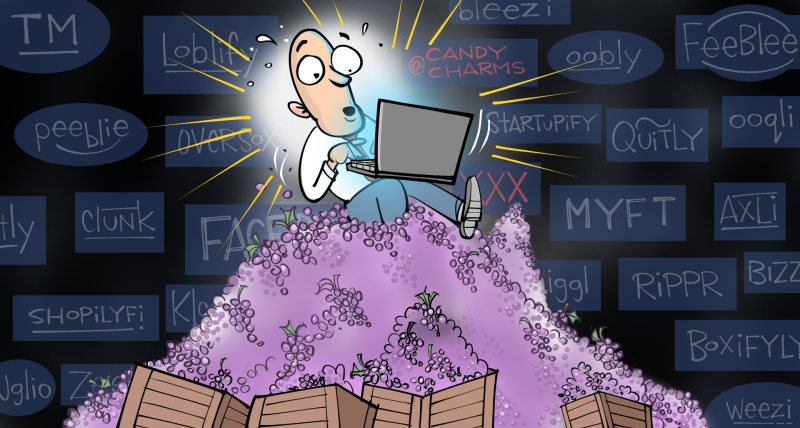Porn stars are not business entities that Andy Higgins thought he’d ever have to compete with for a name.
Higgins is CEO of IFG, a Bakersfield company that develops new breeds of fruit, particularly table grapes, sweet cherries and raisins. For one of their new grape varieties, IFG wanted to use the name Candy Charms. But they had to abandon that plan after they discovered the name had already been claimed by a porn star with a large online presence and brand.
“So now we’re kind of googling the porn industry as well when we get into the naming process,” Higgins said. “It’s obviously a big industry and not one that would be on our radar.”
Porn stars aren’t the only source of name competition for this fruit company. They’ve also gone up against toy manufacturers, electronic cigarette companies and vitamin supplement makers, to name just a handful.

